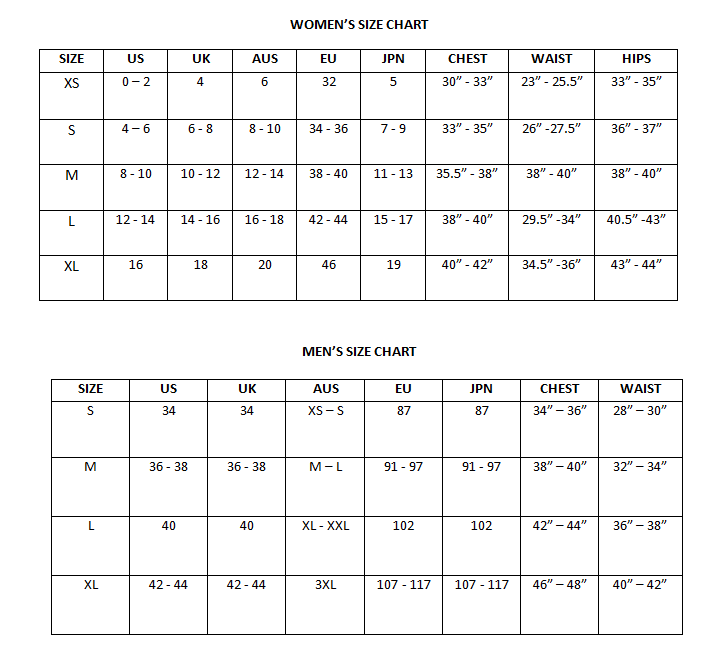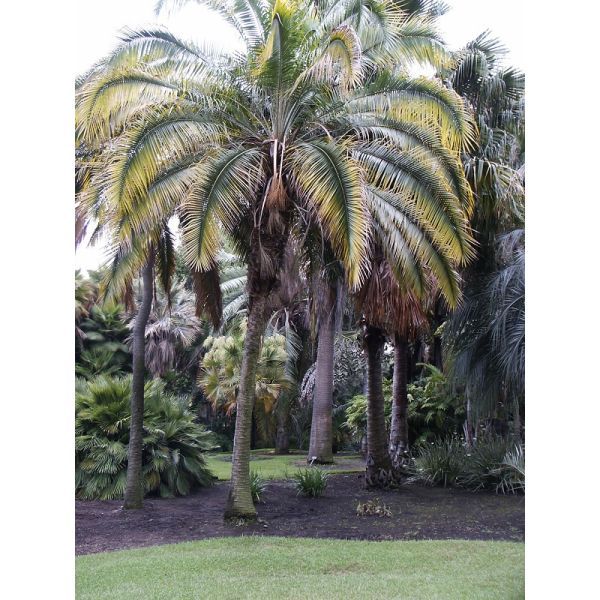Phoenix Rupicola Seeds (Cliff Date Palm Seeds)
Phoenix Rupicola Seeds (Cliff Date Palm Seeds)
Rupicola is easy and fast growing, suitable for tropical as well as temperate climates, and will even tolerate moderate frosts.

Delivery
All orders shipped with UPS Express.
Always free shipping for orders over US $250.
All orders are shipped with a UPS tracking number.
Returns
Items returned within 14 days of their original shipment date in same as new condition will be eligible for a full refund or store credit.
Refunds will be charged back to the original form of payment used for purchase.
Customer is responsible for shipping charges when making returns and shipping/handling fees of original purchase is non-refundable.
All sale items are final purchases.
Help
Give us a shout if you have any other questions and/or concerns.
Email: contact@domain.com
Phone: +1 (23) 456 789
Availability: In stock
SKU
Phoenix Rupicola
Phoenix rupicola, known as the Cliff Date Palm, is an elegant and relatively rare species native to the rocky hills of northern India. It is admired for its graceful, arching fronds and neat, slender trunk, making it a popular choice among palm collectors and landscape designers.
This medium-sized palm typically reaches 6 to 8 meters in height. Its pinnate leaves can span over 2 meters and have a softer, more refined look compared to other Phoenix species. Unlike the more commonly cultivated date palm, Phoenix rupicola is not widely grown, which adds to its appeal among palm enthusiasts.
The Cliff Date Palm thrives in warm climates with well-drained soil and full sun exposure. It is relatively fast-growing for a palm and can tolerate short periods of cold, but it performs best in frost-free environments. Suitable for tropical and subtropical regions or as a greenhouse specimen in colder zones.
A great ornamental species for gardens, patios, or exotic plant collections.
Can I grow Cliff Date Palm from seeds?
Yes, Cliff Date Palms can be grown from seeds. Germination can take several weeks to a few months, depending on temperature and moisture. Soaking the seeds for 24–48 hours before sowing can help improve germination rates.
Is Phoenix rupicola cold hardy?
Phoenix rupicola is more cold-sensitive than other Phoenix species like the Canary Island Date Palm. It prefers tropical to warm subtropical conditions but can tolerate brief light frosts if mature and well-established.
How fast does Phoenix rupicola grow?
It is considered moderately fast-growing for a palm. Under ideal conditions, it can add around 30–60 cm of height per year, especially during the warm growing season.
| Common name | Cliff Date Palm |
|---|---|
| Species | Phoenix rupicola |
| Germination | If the Phoenix Rupicola seeds appear dry, soak them in warm water for 1-3 days. For sowing, use peat, coco fiber, or similar media. It should be moist but not wet. Mix the seeds with the moist compost and place into a clear plastic (Ziploc) bag, and seal it. Keep them at a temperature around 25-30 C. No light is required for germination. Check weekly for signs of activity by looking for white roots through the plastic. Ensure that the medium does not dry out. The seeds can take anywhere from 2 weeks to 2 years (or more) to germinate; however, most will sprout after 4-6 weeks. After the seeds have sprouted, plant each in a tall, narrow pot using a well-drained medium and place in ample light, but not in full sun. Aim to keep the soil moist (but not wet) at all times, feed and pot on as required. Germination can take longer. Be patient! |
| Price View | Price Range |

